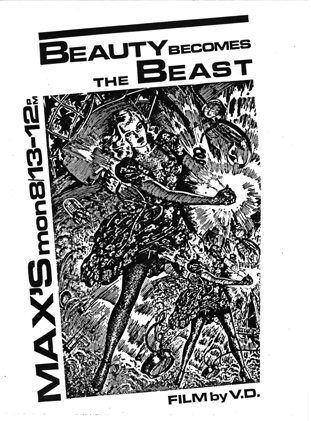 Excerpts from some blog posts of interest this week.
Excerpts from some blog posts of interest this week.
NYC Premiere for No Wave Cinema Doc Blank City
Dan Selzer [Acute Records]: A year or so ago some friends of mine asked me if I wanted to help out on this movie they were working on, a documentary focusing on the no wave cinema scene that emerged in NYC in the late 70s. I talked my way into becoming the “music supervisor” of their movie, Blank City, and began suggesting music to use.
I didn’t realize how serious the project was until I finally saw the rough cut, which was about 8 hours long. The film was beautifully shot, excitingly edited, masterfully directed —and covered so much more than just no wave cinema.
While the no wave film of the late 70s and the cinema of transgression of the 80s are the focal point, the movie goes further back to discuss influences in NYC and underground film, from Warhol and Jack Smith through the punk films of Amos Poe.
And in discussing the scenes, they paint a more expansive picture of the times, the artists, the musicians, the lifestyle. So while the focus is certainly on the movies that were made, the movie should interest anybody with an interest in that time period.
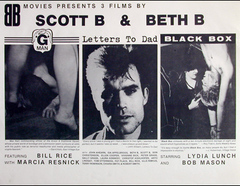 • • • • • • • • • • • • • • • • • • • • • • • • • • • • • • • • • • • • • • • • • • • • • • • • • • • • • •
• • • • • • • • • • • • • • • • • • • • • • • • • • • • • • • • • • • • • • • • • • • • • • • • • • • • • •
Simon Reynolds on Totally Wired, his new book of interview outtakes from Rip It Up and Start Again: I feel that music now has become a paradise that’s become a hell. … Any young person can immediately drown themselves in virtually, absolutely everything. … And I don’t know what kind of consciousness or creative consciousness can survive that kind of inundation. It feels almost like a cultural catastrophe.
I mean, obviously, sometimes it’s great if I can, say, find some really obscure BBC Radiophonic thing that barely came out at the time but is up there on the web. But at the same time it seems to have gone wrong somehow. It’s like getting everything you wished for as a music fan and it turning out to be a terrible nightmare.
• • • • • • • • • • • • • • • • • • • • • • • • • • • • • • • • • • • • • • • • • • • • • • • • • • • • • •
Jon Savage, author of England’s Dreaming, in conversation with Wilson Neate, author of the new 33 1/3 volume on Wire’s Pink Flag: “We were trying to be stupid, but we weren’t stupid — you know, we were just playing around with ideas of simplicity and earthiness, really.”
![]() ”Black Box Disco” [from New York Noise Vol 2, Soul Jazz]
”Black Box Disco” [from New York Noise Vol 2, Soul Jazz]
![]() Bauhaus, “Third Uncle” [Brian Eno cover]
Bauhaus, “Third Uncle” [Brian Eno cover]
![]() Dome, “Jasz” [Bruce Gilbert/Graham Lewis/Russell Mills/Angela Conway]
Dome, “Jasz” [Bruce Gilbert/Graham Lewis/Russell Mills/Angela Conway]

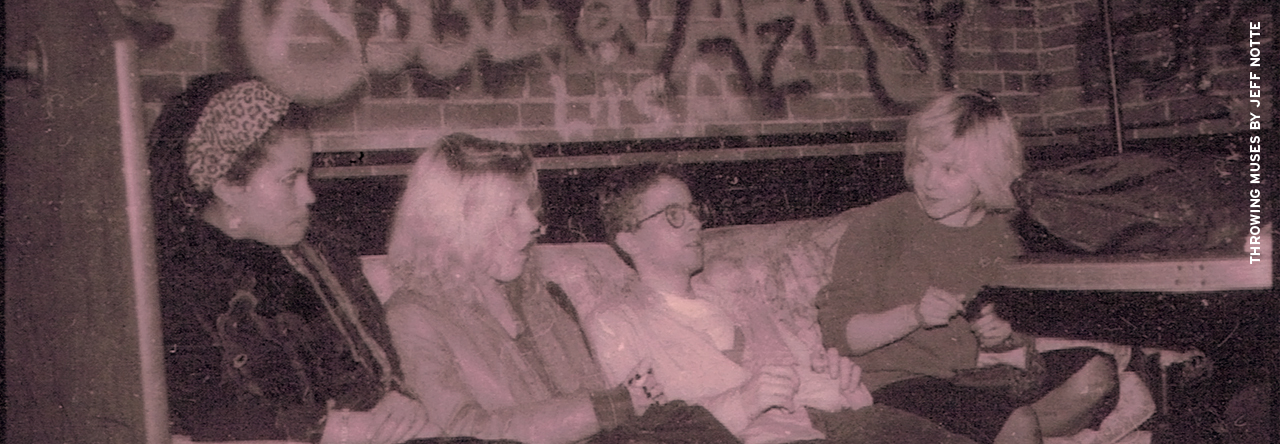
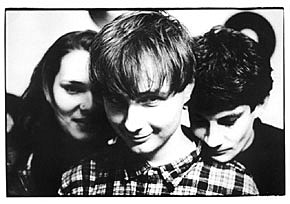
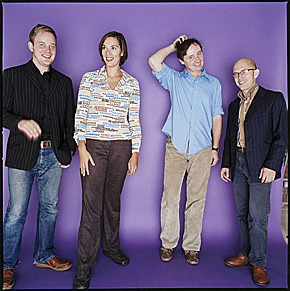 Tim: [referring to Lollapalooza] It’s really good to play in front of people who don’t really know anything about us. You don’t have to understand every single thing about what we do or why we do it to like it. It should be fun and enjoyable. And people might just get the groove of what we do and like the melodies. But then, it’s not “alternative rock” so I don’t know. There’s an awful amount of mainstream rock now parading itself as alternative music.
Tim: [referring to Lollapalooza] It’s really good to play in front of people who don’t really know anything about us. You don’t have to understand every single thing about what we do or why we do it to like it. It should be fun and enjoyable. And people might just get the groove of what we do and like the melodies. But then, it’s not “alternative rock” so I don’t know. There’s an awful amount of mainstream rock now parading itself as alternative music.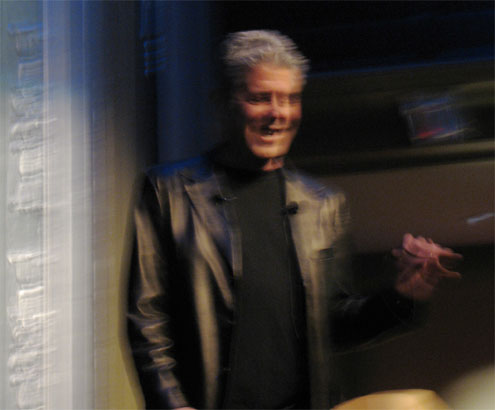
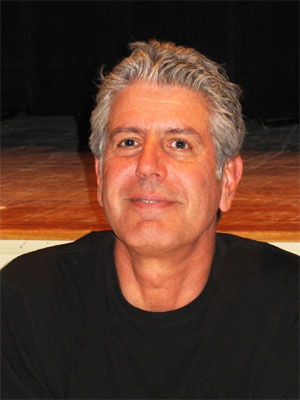 Bourdain also summarized the many schools of culinary leadership, most of them involving Gordon Ramsay-like levels of yelling, screaming and intimidation, all delivered with a drill sergeant’s colorful vocabulary and martial sense of justice. “They don’t call it ‘the Brigade’ for nothing.” While the people who didn’t belong were “shaken out like antibodies,” those who stayed behind had each other’s back, no matter what.
Bourdain also summarized the many schools of culinary leadership, most of them involving Gordon Ramsay-like levels of yelling, screaming and intimidation, all delivered with a drill sergeant’s colorful vocabulary and martial sense of justice. “They don’t call it ‘the Brigade’ for nothing.” While the people who didn’t belong were “shaken out like antibodies,” those who stayed behind had each other’s back, no matter what.